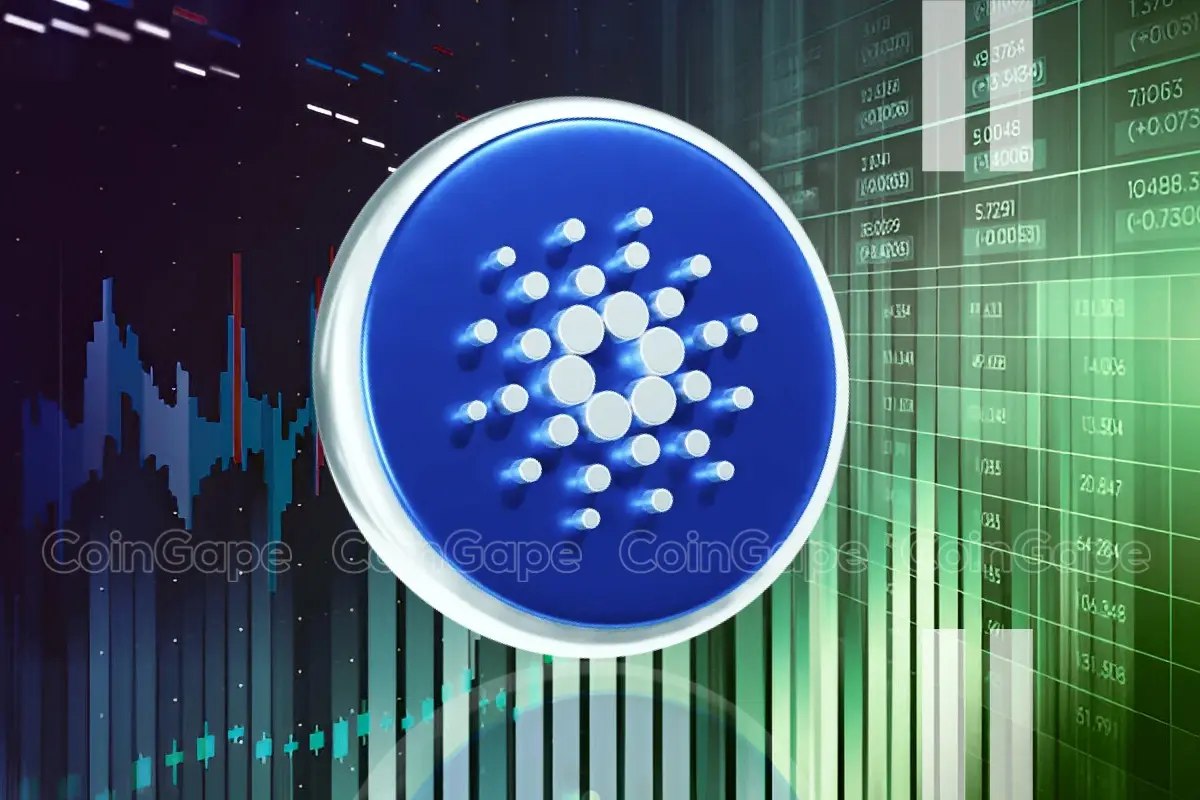Stacks, the leading Bitcoin Layer 2 platform for smart contracts and DeFi, has surpassed 1,400 monthly smart contract engagements, marking a new high just ahead of the anticipated Nakamoto upgrade.
On September 7, the platform revealed on X that it had seen a 30% surge in smart contract deals from last month’s figures, a record high for its contract deployments.
A new high and 30% increase [month-over-month] MoM for smart contract deployments on the leading Bitcoin L2, Stacks.
Stacks

Due to BTC developers’ crucial role in advancing the Bitcoin ecosystem and maximizing its potential, the Bitcoin Layer 2 platform reached a new all-time high by August 24. This milestone was reached just before the Nakamoto upgrade’s full activation, which began at Bitcoin block 840,360 on August 28.
With the Nakamoto upgrade, transaction speeds on the network are set to improve dramatically, with settlement times slashing from 10 to 30 minutes down to about five seconds. Moreover, the boost in transaction speeds is expected to elevate Bitcoin performance by over one hundred times.
In addition, four weeks after the upgrade, sBTC—a decentralized asset backed by Bitcoin—will be launched. This will allow for BTC transfers between the Bitcoin blockchain and Stacks, working as a transaction fuel for the Bitcoin blockchain.
Industry experts are reacting positively to the Nakamoto upgrade
Diego Mey, co-founder of Bitflow Finance, anticipates the upgrade as a significant advancement for Bitcoin DeFi and layer-2 scalability, citing its transition to a “Bitcoin-native” model that will enhance Bitcoin’s performance and security.
Mithil Thakore, co-founder and CEO of Velar Bitcoin liquidity protocol, also commented on the upgrade, saying that it will shorten Stacks’ block time to about 5 seconds, allowing for complete Bitcoin finality. He cited that they could only manage to build Velar Artha, the world’s first Perpdex on Bitcoin with native BTC collateral, due to the upgrade, which represents massive advancements in Bitcoin L2 technology.
While the Nakamoto upgrade began its activation phase at the end of August, core developers have not yet set a precise date for its complete activation. They have chosen to monitor at least two complete “Stacking cycles” to confirm network stability before proceeding with full activation.









